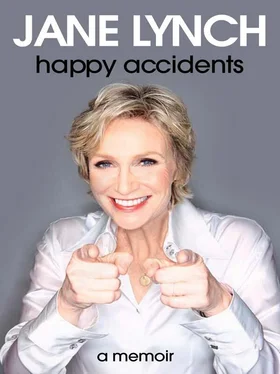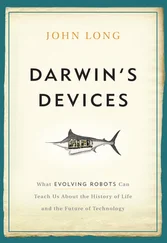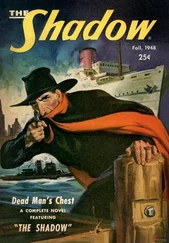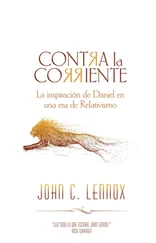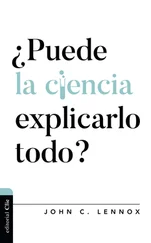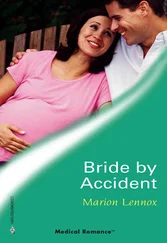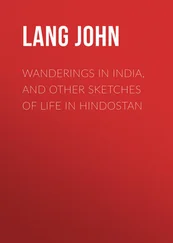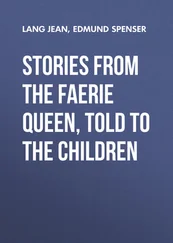I didn’t really want a physical relationship with Hugh, and if it had been just up to me we’d have stayed close friends. He had reasonable heterosexual expectations and was moving our relationship toward sex. I was curious enough, and in need of affection, that I moved with him. We started having sex, which led me to fear I was pregnant every two seconds. An unreasonable fear since we used protection. No matter what we did (or didn’t do) the night before, the next day I was always convinced I was pregnant. Once, Hugh laughed and said to me, “You’d have to be a goddess of fertility to be pregnant after what we did last night.”
Hugh was as sweet and kind as he could be, so I soon found myself despising him. He never gave voice to these feelings, but I knew he was falling in love with me. How did I know? Because I had helped myself to his journal (yes, it’s a pattern). I’d push him away, but he’d just wait patiently for me to come back, which I always did. I needed the comfort and companionship.
Then I became a real asshole. I started pushing away anyone who showed me kindness. That inner diva who had first reared her ugly head at Illinois State reappeared with a vengeance. I was the worst person to have at critiques. No one could do anything right as far as I was concerned, and I made absolutely sure they knew it. In the haughtiest of tones, I’d demand, “What the hell was that?” “How dare you demean Molière in that way!” “Why are you making that face?” “You’re just showing off!” Everything everyone did was wrong, and I couldn’t let anything go. I was undoubtedly an absolute joy to have around.
Thus began my phase of assholatry, a period that would go on for some years. I just felt like something within me was fundamentally broken. In true Psychology 101 fashion, the crap I spewed at them was the crap I wanted to spew at myself. I was scared to death that I didn’t have what it took. Everyone started to steer clear of me, except for Hugh.
I was at one of my lowest points, and Hugh took the brunt of it. I even came to hate his accent, not that he really had one, having grown up in Southern California. He was like a puppy, loyal and loving, which I found pathetic. How dare he love me? What was wrong with him?
I should say that while all of this suffering was unnecessary, it did make for some good comedy. Years later, with lots of distance, I saw my young self in one Sue Sylvester. Hell-bent on revenge and out to crush the dreams of the innocent, Sue is always looking for the next fight. “Get ready for the ride of your life, Will Schuester. You’re about to board the Sue Sylvester Express. Destination horror!” I was awful in those Cornell years, but I hadn’t yet figured out how to make my ridiculousness funny.
In the midst of my turmoil, I had one teacher—a visiting instructor, actually—who saw what I was doing and tried to help me. Her name was Jagienka Zych-Drweski, and I barely remember anything else about her, but I’ve never forgotten what she said to me.
She shook her head with a mix of pity and frustration and said in a thick Polish accent, “Jane. You have to learn to let things roll off your back!”
I wanted to, but I didn’t know how. Unfortunately for me (and anyone else within earshot), it would be years before I’d figure it out.
Eventually I pushed even Hugh away, but shockingly, we stayed friends, and to this day we call each other on our birthdays.
WHEN I GRADUATED FROM CORNELL, MY MOM AND dad and Aunt Marge picked me up for a little family vacation. I was twenty-four, with an overbearing perm and an attitude to match. We were making our way to New York City, where I was hoping to ply my trade in theater.
We drove all up and down the East Coast, sightseeing, the four of us sharing small hotel rooms. I was in a terrible mood the whole time. I was critical of everything and rolled my eyes so frequently I gave myself vertigo. Soon, everyone had had enough of me. Things came to a head in Boston.
My dad wanted to do the Freedom Trail, a walking tour of historical sites in Boston that’s supposed to be a fun, easy way to learn New England history. But we kept losing the trail. We wandered through Boston with Dad saying, “Where’s the goddamn Freedom Trail?” as I let my parents know exactly how stupid I thought the whole thing was by complaining at every turn. “Oh my god, we walked all that way for this?”
The next morning, I opened my eyes to find my mother sitting at the foot of my hotel bed. “You’re ruining my vacation,” she said quietly. I behaved a little better after that, but my inner bitch was only temporarily muzzled.
When the Goddamn Freedom Trail vacation was finally over, they reluctantly left me at my new home in the West Village, on Christopher Street. It was the day after the Gay Pride Parade and it looked like a cyclone had hit it. In 1984, New York was not the clean, friendly wonderland it is today. Times Square was a giant porno shop, people got mugged on the subway, and Central Park wasn’t safe after dark. I was living in a one-bedroom sublet apartment with a Chinese graduate student from Cornell, so we had to take turns sleeping on the couch because there was only one bed.
The sublet was across the street from the gay leather bar Boots & Saddle, and just around the corner from the Duplex, a piano bar where musical theater wannabes and enthusiasts would sing until the wee hours. Being near the gay bars was a double-edged sword: when I was happy, it seemed like a great place to be; when I wasn’t, it felt decadent, dark, and lonely.
Dad, Mom, Aunt Marge, and me on the Goddamn Freedom Trail trip.
I got a job at a friend’s father’s advertising agency called Creamer Incorporated, which had acquired a PR division called Glick & Lorwin. I had no business being in PR—had no nose for it and no initiative, and basically sat at a desk all day trying to look busy. But for some reason, Boris Lorwin and Ira Glick, the two wonderful older guys who ran it, loved me.
They’d walk by my desk and wave at me and say, “You’re doing a great job, Janie!” To this day I don’t know what I did to make them like me so much, because the one project they gave me, I completely screwed up.
I was supposed to plan a luncheon at a hotel, so I took Boris over to meet the people who were going to throw it. They wanted us to go to the kitchen for a tasting of the planned meal, but it turned into a scene from This Is Spinal Tap. We kept walking through the basement and turning right, then turning left, and wondering, “Where’s the kitchen? Where’s the kitchen?” Boris got more and more frustrated, until he finally barked, “Just forget it!” and we somehow found our way through the labyrinth and back out of the hotel.
I thought Boris would fire me, but instead he just said, “Janie, I love you, but we won’t put you in charge of anything again.” So I just worked on accounts at my little desk—the Crest account, whose reps went into schools and stained innocent children’s teeth to show them cavities, and the Crayola account, for which my job was to cut and paste press clippings onto pieces of paper. I’d take the clippings in and show them to Boris and Ira and say, “Look at all the great coverage we got.” And they’d say, “Good work, Jane!”
But as sweet as Ira and Boris were to me, the rest of New York kicked my ass.
I didn’t have an agent, so getting auditions of any kind was out. I bummed around in a few off-off-Broadway shows, doing things for free with little theater companies—such as a production of Macbeth helmed by an acting teacher who had “disciples” rather than students. She put an ad in the paper, and a few of my Cornell pals and I responded and got cast as spear carriers and the like. But the rehearsal process was so ridiculous and demeaning that all the self-respecting people kept dropping out, leaving us with principal roles. I was one of the three witches, and I almost came to blows with another one who kept pronouncing “hover” as “hoover.” Appropriately, the show closed after about two nights, as most of the audience left before intermission.
Читать дальше
